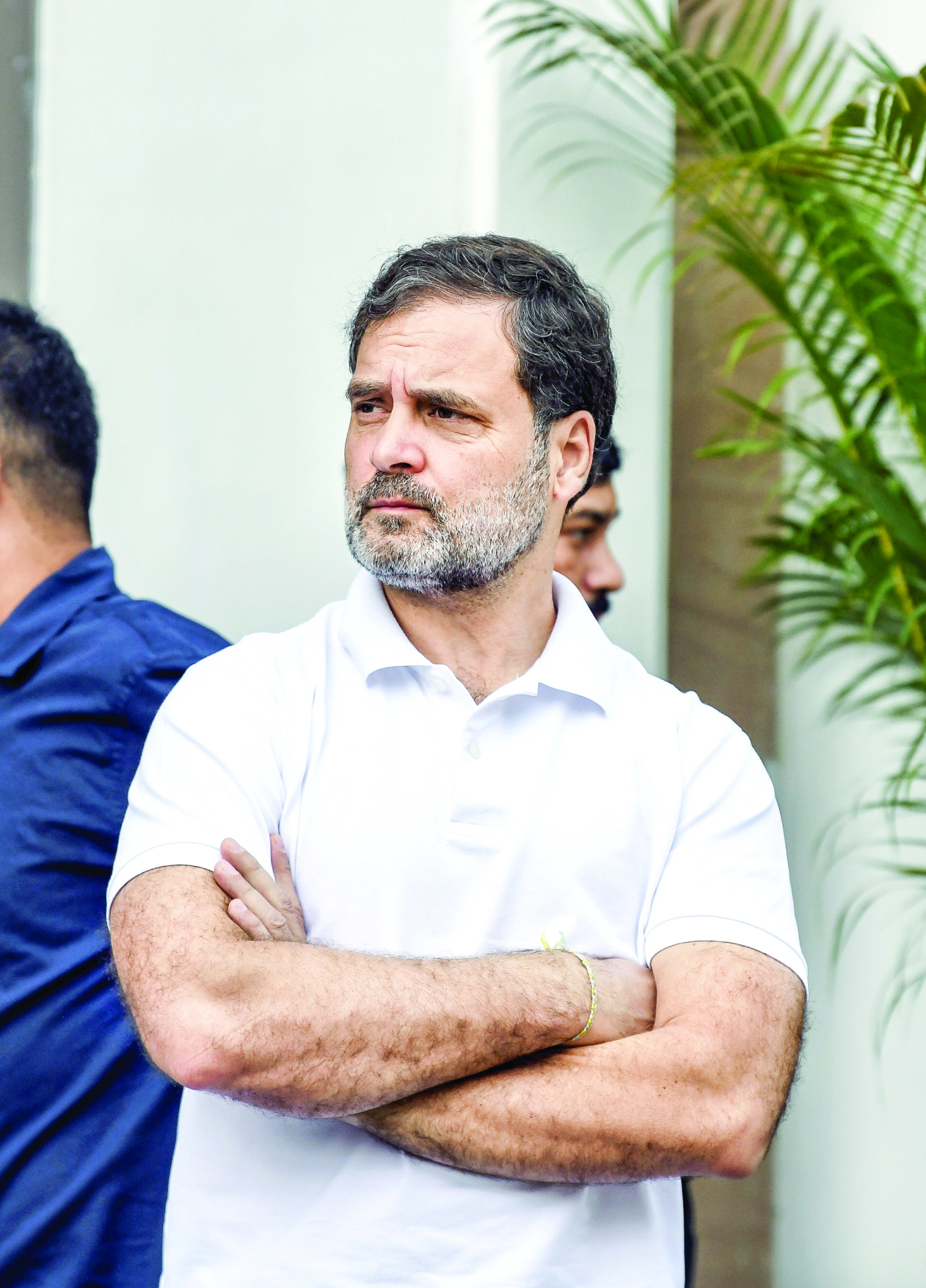Priyanka Gandhi Vadra distanced herself from the Maha Kumbh; with the final
NEW DELHI: The Bharatiya Janata Party (BJP) has once again succeeded in questioning Rahul Gandhi’s absence from the Maha Kumbh, putting the opposition, including Congress, on the defensive. The issue of Maha Kumbh has now become a political topic. Despite being close to Prayagraj during his visit to Rae Bareli on February 20–21, Rahul Gandhi did not take a dip in the Maha Kumbh. Many expected him to go, but he returned to Delhi instead. Priyanka Gandhi has also maintained a distance from the event. With the last bath scheduled for February 26, it appears that the Gandhi family will not participate.
This situation is similar to last year when the Congress leadership, including the Gandhi family, stayed away from the Ram idol installation ceremony at the Ram Temple in Ayodhya, which later became a political issue. The same seems to be unfolding with Mahakumbh. Initially, Congress had raised questions about the event, but later leaders like RJD’s Lalu Yadav, Trinamool Congress’ Mamata Banerjee, and Samajwadi Party’s Akhilesh Yadav shaped the issue according to their state politics, inadvertently benefiting the BJP.
The opposition’s stance on Mahakumbh has given the BJP an opportunity to reinforce its narrative of Hindutva and accuse the opposition of engaging in Muslim appeasement politics. The BJP is likely to frame Rahul Gandhi’s absence as a move to avoid displeasing Muslim voters. This is happening at a time when the country still sees a strong wave of Hindutva sentiment.
If the opposition had carefully analyzed the elections in Haryana, Maharashtra, and Delhi, they might have understood the shifting political landscape. However, they seem unwilling to break free from their traditional strategies. By questioning the Mahakumbh, the opposition has unknowingly strengthened the BJP’s position. Instead of countering the ruling party effectively, they are once again caught in a trap of their own making.
To counter Rahul Gandhi’s backward-class politics, BJP has sharpened its focus on Hindutva in the Haryana, Maharashtra, and Delhi elections. As a result, the opposition faced defeat in all three states where they initially appeared strong. With this decisive victory, BJP has set its future political agenda.
Despite these losses, the opposition has failed to understand the changing mood of the country. Instead of focusing on core issues, they continue to react exactly as BJP wants. A key example is their criticism of the Maha Kumbh, an event deeply connected to the faith of millions of Hindus. Some media personalities constantly find faults in government actions, and the opposition considers them true journalists. This leads them to ignore real issues and get caught in polarization—raising concerns over water pollution or questioning the historical claims of the event.
Meanwhile, the Maha Kumbh has further strengthened the popularity of Prime Minister Narendra Modi, UP Chief Minister Yogi Adityanath, and the BJP across the country. This will undoubtedly benefit the party. Modi and Yogi have become symbols of Sanatan Dharma, marking a significant shift in India’s political landscape. For the first time in history, leaders are gaining mass support primarily for upholding religious identity.
To uphold Sanatan values, people are increasingly voting based on Modi and Yogi’s leadership and will likely continue to do so in the future. This trend indicates a long-term shift in Indian politics, with Hindutva playing a central role.
The younger generation’s inclination towards Sanatan Dharma is growing. As the month-long Maha Kumbh in Prayagraj nears its end, the more questions the opposition raises, the stronger BJP’s Hindutva agenda becomes.

